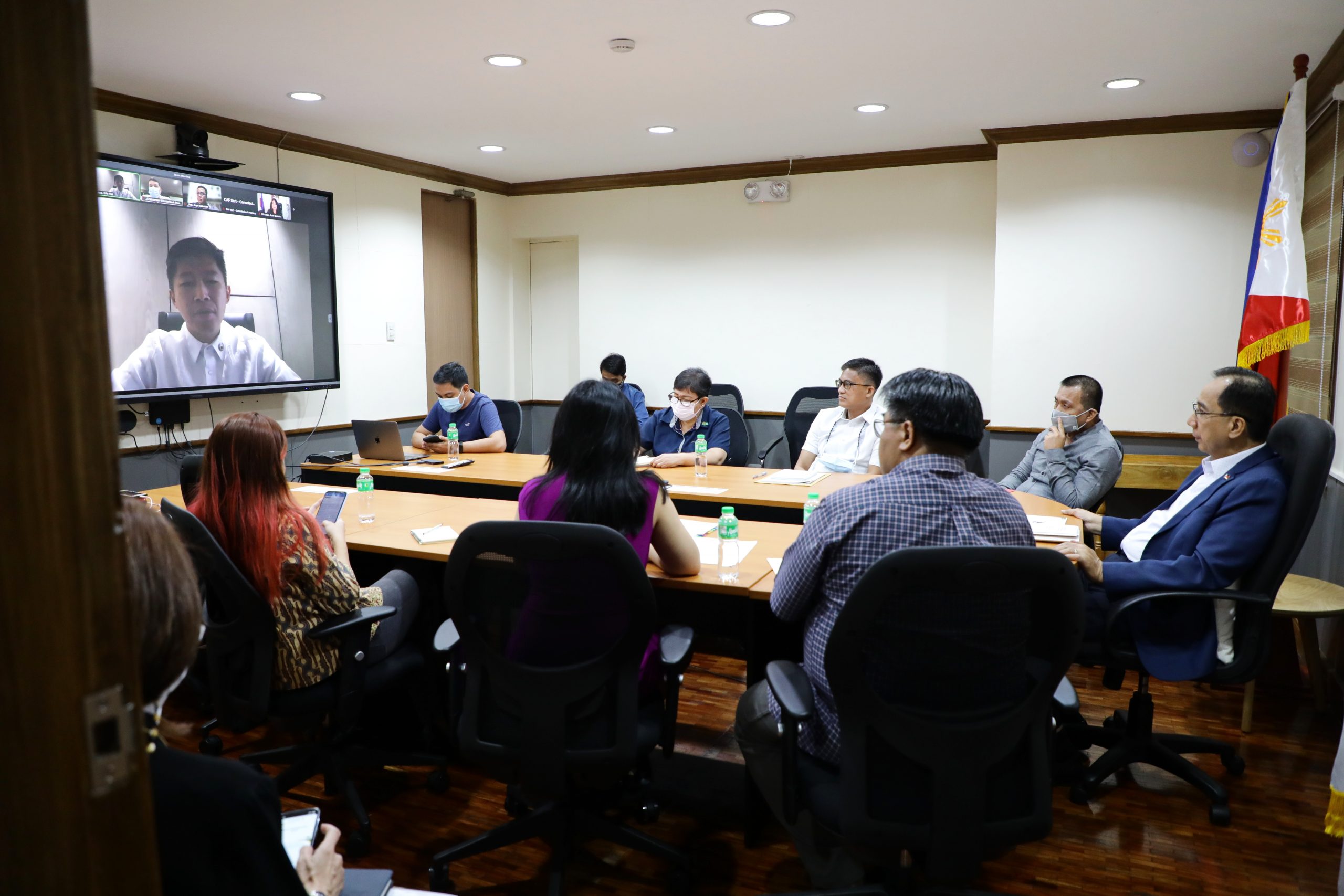
The decades-long struggle against smuggling of agricultural goods in the Philippines brought forward proposed countermeasures such as the strengthening of the country’s border inspection and the creation of a Food Safety Regulatory Administration (FSRA) under the Department of Agriculture (DA).
During the House Committee on Agriculture and Food (CAF) Hearing on May 31, members of the legislative branch, national government agencies (NGAs), and the private sector sought to investigate the implementation status of border inspection and food safety regulations, state of first border inspection facilities, and the country’s capacity to curb agricultural smuggling, as urged by the House Resolution No. 2282.
The resolution was authored by Representative Argel Joseph Cabatbat following consecutive reports by local farmers, traders, and organizations regarding the sale of smuggled vegetables from China in various markets, with Benguet farmers stating that the practice started way back in 2007.
Following his two-pronged approach against agricultural smuggling, Agriculture Secretary William D. Dar reiterated the need to strengthen border inspections and the need to create an interoperable digital system of recording the entry of goods, to be used in collaborative measures among implementing agencies of the Food Safety Act.
“We could at least tighten institutional cooperation that allow data to be instantly accessible and the regulatory hierarchy to be defined and the procedures harmonized with those of institutions duly mandated to apprehend and sanction,” he explained.
The Secretary also recommended the creation of a Food Safety Regulatory Administration (FSRA) under the DA, which will solely focus on ensuring that the provisions stated in the Food Safety Act are being observed. This includes protecting consumers from “trade malpractices and from substandard or hazardous products” such as smuggled agricultural goods.
Large-scale agricultural smuggling is committed when at least P10 M worth of rice and at least P1 M sugar, corn, pork, poultry, garlic, onion, carrots, fish, and cruciferous vegetables in either raw, processed, or preserved state is illegally brought into the country, as per Republic Act No. 10845 or the Anti-Agricultural Smuggling Act of 2016.
In a previous statement, DA Assistant Secretary Federico Laciste, Jr., who heads the DA-Wide Field Inspectorate, reported that the Department has recorded P667.5 M worth of technically-smuggled agri-fishery commodities from 2019 to 2022—P10 M of which was apprehended in 2019 and 2020.
The BOC also reported a total of 103 cases filed against violators of the Anti-Agricultural Smuggling Act starting 2016. It has also conducted 542 seizure cases involving P1.99 B worth of agricultural products since 2019.
“Hindi lamang po kita ng ating mga magsasaka ang nakataya kapag hindi natin naagapan ang ganitong mga pangyayari. Kasama na doon ang revenue losses ng gobyerno pati risk ng pagpasok ng mga peste na higit na magpapahirap sa sektor ng agrikultura,” stressed Quezon Province First District Representative Wilfrido Mark Enverga, who also chairs the House CAF.
Despite inadequate funding and limited power, the Agriculture Secretary assured that the DA, in collaboration with various NGAs, continues to implement heightened countermeasures against agricultural smuggling, including:
- the Compliance and Regulatory Enforcement for Security and Trade Office (CREST-O) in October 2019 as the DA’s unified and integrated regulatory enforcement unit supervised by the Office of the Secretary;
- the creation of the Sub-Task Group on Economic Intelligence (STGEI), co-chaired by the DA and the Department of Trade and Industry (DTI), in February 2021 to hunt down smugglers, hoarders, price manipulators, and profiteers; and
- the signing of the Memorandum of Agreement between the DA and the Subic Bay Metropolitan Authority (SBMA) in November 2021 for the establishment of the country’s first Cold Examination Facility in Agriculture (CEFA) to ensure full-scale First Border inspection and control of goods entering via the Subic Bay.
“The Food Safety Act provides for the participation of several national agencies. It would be great if DA can come into it with a more empowered role, even as we upgrade the processes of our own food safety regulatory agencies,” the DA chief expressed.
Meanwhile, House Committee on Appropriations Chair Representative Eric Yap warned violators that despite the fast-approaching end-of-term of the 18th Congress members, the fight against agricultural smuggling continues through the incoming 19th Congress. ### (Krystelle Ymari A. Vergara, DA-AFID)














